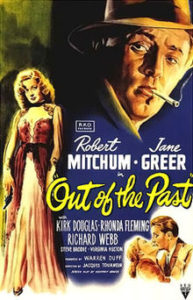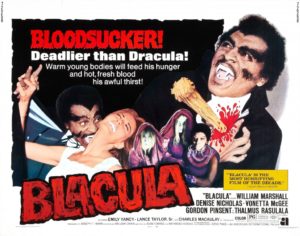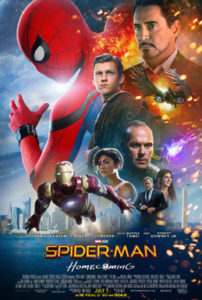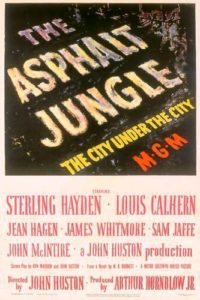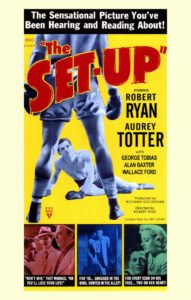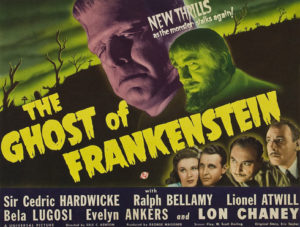If you are a fan of genre films, Science-Fiction, Fantasy, and Horror there a better than even bet that no matter your age the movies produced during the decade of the 50s holds a special place in your heart.
While Universal Horror started in the 1930s with Frankenstein and Dracula by the 1940s they were already being seen as kids movies with their stories becoming more simple and more focused on spectacle. Remember the first ‘shared universe’ of movie is the Universal Horror franchise as the monsters frequently were thrown into the same movie for bigger and bigger fights and thrills.
However once we get to the 50s there is change in the movies. There still were not ‘prestige’ pictures. These productions did not boast A list stars, they struggled with budgets that were too small, and were rarely taken seriously by the critics. And yet these films are ones we still watched more than half a century later. These are the films, beloved and respected, that soulless corporate executives, produced from business universities and without creative artistic drive, that are rebooted, reimagined, and recreated into tent-pole films without the heart, soul, or intelligence of the originals. But why do we love those originals so much? What makes them so different from the bigger budget, more star-driven, and more elaborate movies of later decades? After all how many 70s SF movies, a prolific decade even before the KT Impact of Star Wars, are still being rediscovered today?
I think the answer lies in cynicism, or rather the lack of that bitter philosophy. When we left the 50s behind America entered a period of profound cynicism. The 60’s brought the Vietnam War, civil strife, televised police brutality, and a collapse of established social conventions. The 70’s grew darker with awareness of global pollution, economic shocks, military defeat, and of course Watergate. Distrust of government and nearly all institutions infected nearly ever aspect of our culture including cinema. All our films, including genre ones, took a dark turn surrendering to nihilism and cynicism that masqueraded as wisdom. The 80’s brought us the summer blockbuster, technically born in the 70’s The Godfather, Jaws, and Star Wars, but it took the studios several years to begin chasing them in earnest. Light summer fare that ignored both the cynicism of the 60s and 70s but avoided serious thoughtful stories instead providing adventure as escape.
It’s now surprise that the movies of the 1950s appeal to an idealism that has been absent for far too long. Now we have to be honest and recognize that the 50s were not the idyllic American Summer. It was a period of repression, conformity, and suppressed individuality, but the lure of simplicity is powerful. Against that social conformity genre films of the 50s expressed not only an optimism stripped away in the follow years, but through movies such as The Day the Earth Stood Still and Invasion of the Body Snatchers, Them!, and many others they critiqued the culture and ourselves. How could such films not last the ages and not continue to find new and wider audiences?


